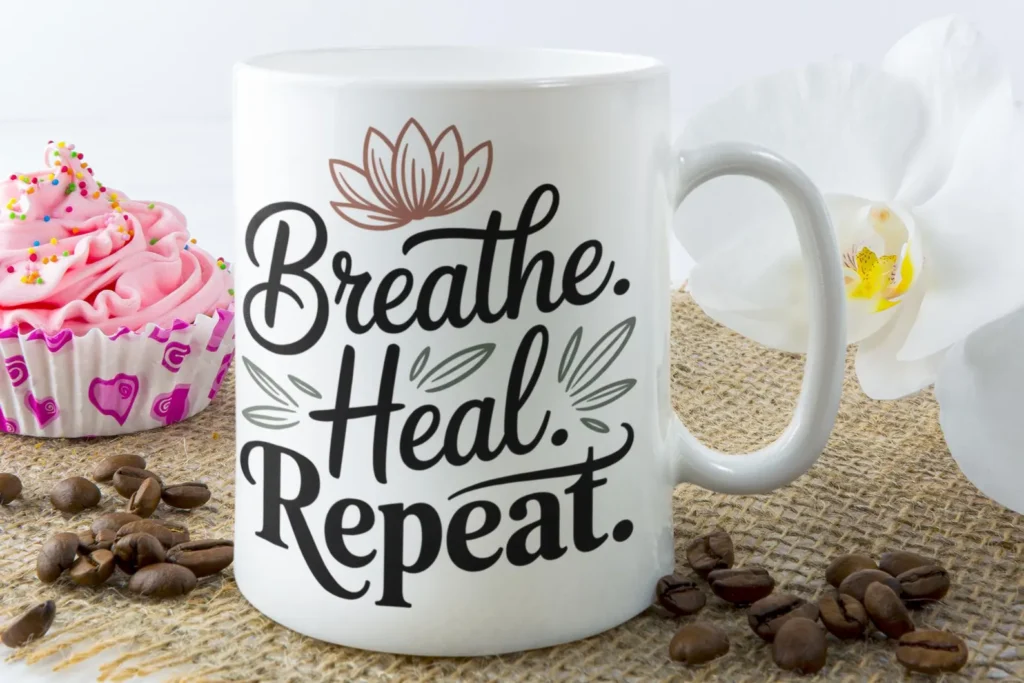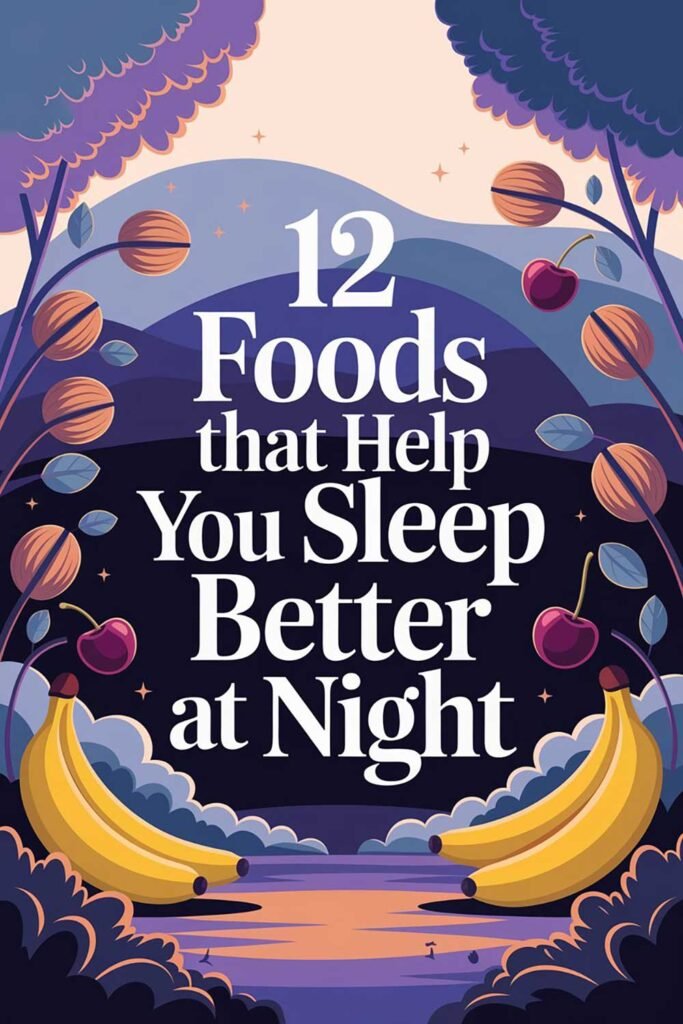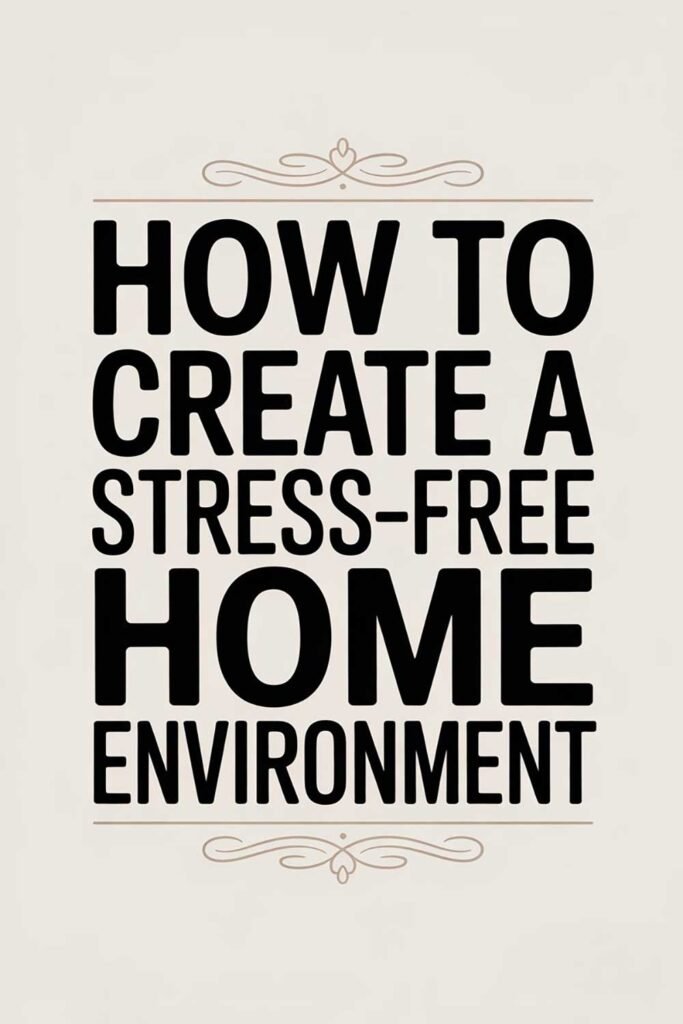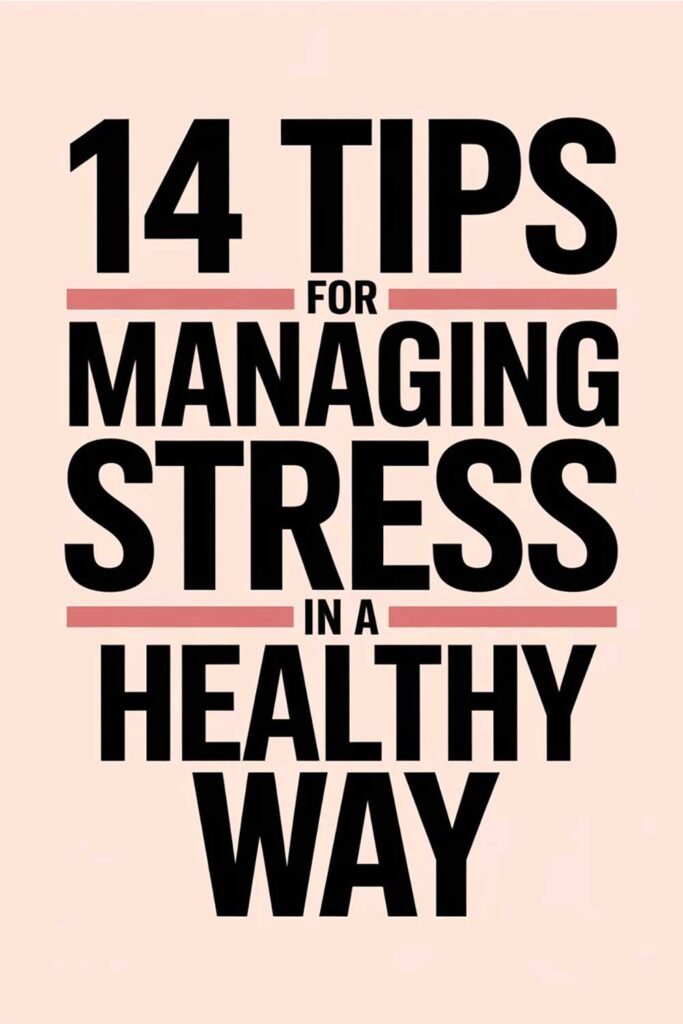Self-Care for Burnout Recovery: How to Heal and Rebuild Your Energy
Burnout doesn’t just happen overnight.
It’s the slow, steady erosion of your energy, joy, and sense of self under relentless pressure and constant demands.
When burnout hits, it’s not enough to simply “rest for a weekend” and jump back into the same patterns.
Real healing requires intentional self-care, deep replenishment, and a commitment to change.
In this article, we’ll dive into how to recover from burnout using powerful self-care strategies, share real-life examples of healing, and help you rebuild a life that fuels you — not drains you.
CLICK THE IMAGE BELOW
TO VIEW THIS MUG AT OUR STORE
OR VISIT OUR STORE TODAY!

What Is Burnout, Really?
Burnout is a state of chronic physical, mental, and emotional exhaustion.
It often includes:
- Feeling emotionally drained and overwhelmed
- Increased cynicism and detachment
- Decreased sense of accomplishment
- Physical symptoms like fatigue, insomnia, and headaches
Burnout isn’t a personal failure — it’s a signal that something needs to change.
Self-care isn’t just helpful for recovery — it’s absolutely necessary.
CLICK THE IMAGE BELOW
TO VIEW THIS MUG AT OUR STORE
OR VISIT OUR STORE TODAY!

The Science Behind Burnout Recovery
Burnout affects your:
- Cortisol (stress hormone) levels
- Sleep cycles
- Brain chemistry (reducing dopamine and serotonin)
- Immune system strength
Effective recovery focuses on restoring balance to these systems through consistent, intentional self-care practices.
CLICK THE IMAGE BELOW
TO VIEW THIS MUG AT OUR STORE
OR VISIT OUR STORE TODAY!

1. Acknowledge and Accept That You’re Burned Out
You can’t heal what you deny.
Give yourself permission to acknowledge the truth — without guilt or shame.
Real-Life Example:
Sophia realized she was burned out when she burst into tears after a small work request. Naming her experience allowed her to stop pushing and start healing.
2. Prioritize Rest and Recovery
Deep, consistent rest is critical.
Tips:
- Sleep as much as your body needs
- Take micro-rests during the day
- Embrace guilt-free downtime
Real-Life Example:
David began taking 20-minute naps during lunch breaks. These small rests helped rebuild his energy over time.
3. Disconnect to Reconnect
Reduce sensory overload:
- Limit social media
- Cut back on news consumption
- Unplug for an entire weekend if possible
Real-Life Example:
Jessica deleted her social media apps for a month. She said it felt like “taking a noisy, heavy backpack off every day.”
4. Focus on Gentle, Nourishing Movement
Instead of punishing workouts, prioritize movement that feels good:
- Stretching
- Walking in nature
- Gentle yoga
Real-Life Example:
Tom switched from high-intensity workouts to daily 20-minute walks in his neighborhood. His energy returned gradually without overwhelming his system.
5. Feed Your Body Healing Foods
Support physical recovery with whole, nourishing foods:
- Leafy greens
- Berries
- Omega-3-rich foods (like salmon, walnuts)
- Herbal teas
Real-Life Example:
Laura started meal-prepping colorful, nutrient-dense lunches. She noticed a boost in her energy and mood within two weeks.
6. Create Clear, Compassionate Boundaries
Healing requires protecting your energy fiercely.
Ideas:
- Say no more often
- Shorten meetings
- Reduce social commitments temporarily
Real-Life Example:
Olivia began telling friends she needed solo weekends to recharge. True friends respected it — and she felt her emotional reserves fill back up.
7. Reconnect to Joy and Purpose
Burnout often disconnects you from what makes life feel meaningful.
Reignite joy:
- Rediscover old hobbies
- Try new creative activities
- Volunteer or mentor in ways that feel fulfilling
Real-Life Example:
Chris dusted off his guitar after 10 years. Playing music for fun, not perfection, brought back a piece of himself he had lost.
8. Seek Support Without Shame
You don’t have to recover alone:
- Talk to a therapist or coach
- Lean on supportive friends
- Join a recovery group
Real-Life Example:
Mike joined a burnout support group and found it incredibly validating to hear others share similar struggles — and solutions.
20 Inspirational Quotes About Burnout Recovery and Self-Care
1. “You can’t pour from an empty cup. Take care of yourself first.”
2. “Rest is not idleness; it’s an act of courage and healing.”
3. “Healing takes time, and that’s okay.”
4. “Self-care isn’t selfish. It’s how we survive.”
5. “Your worth is not measured by your productivity.”
6. “The body whispers before it screams. Listen early.”
7. “It’s brave to admit you’re tired and need rest.”
8. “Recovery is not a race. It’s a remembering.”
9. “Sometimes the most urgent thing you can do is take a complete rest.” — Ashleigh Brilliant
10. “Healing begins when hustle ends.”
11. “You don’t have to earn your rest.”
12. “Boundaries are the antidote to burnout.”
13. “In the rush to return to normal, use this time to consider which parts of normal are worth rushing back to.”
14. “Silence isn’t empty — it’s full of answers.”
15. “Burnout doesn’t mean you’re weak. It means you’ve been strong for too long without support.”
16. “Sleep, water, boundaries, joy — repeat.”
17. “Sometimes healing looks like doing absolutely nothing.”
18. “You are allowed to rest. You are allowed to heal.”
19. “Taking a break doesn’t mean giving up.”
20. “Your body needs your love more than your ambition.”
Picture This
Imagine waking up without dread or exhaustion clouding your mind.
You stretch easily, take a deep, grounding breath, and savor a slow morning without guilt.
Your body feels lighter. Your mind feels clearer.
You have reclaimed your energy, your peace, and your purpose — one small, healing step at a time.
You are no longer running on empty. You are restoring, renewing, and rising stronger every day.
What gentle, loving action can you take today to begin your burnout recovery journey?
Share This Article
If this article touched your heart, please share it with someone who might be struggling with burnout too.
Healing happens faster when we remind each other that rest, recovery, and joy are not luxuries — they are necessities.
Disclaimer
This article is for informational purposes only and is based on personal experiences and insights. It is not intended to replace professional advice. Always consult with a healthcare professional before making any major lifestyle changes or decisions regarding your mental, emotional, or physical health. Results may vary.






